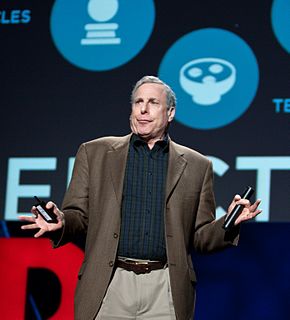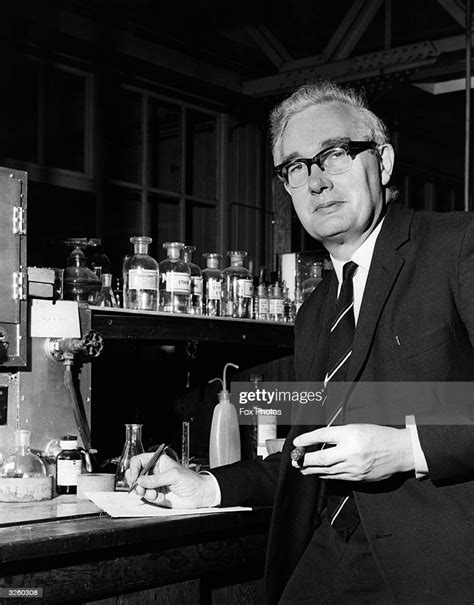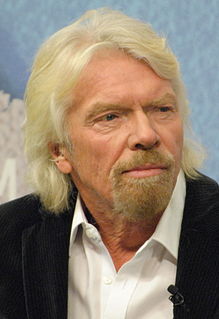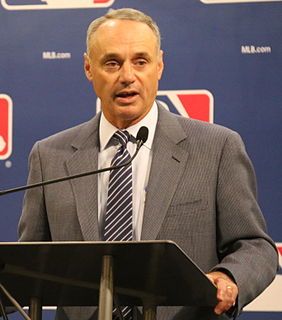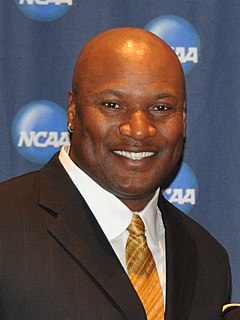A Quote by Gabe Kapler
Attempting to predict shoulder and elbow issues due to extensive innings early in a pitchers career is an inexact science.
Related Quotes
In my work, I am not attempting to predict the future. I am only pointing out what is possible with the intelligent application and humane use of science and technology. This does not call for scientists to manage society. What I suggest is applying the methods of science to the social system for the benefit of human kind and the environment.








